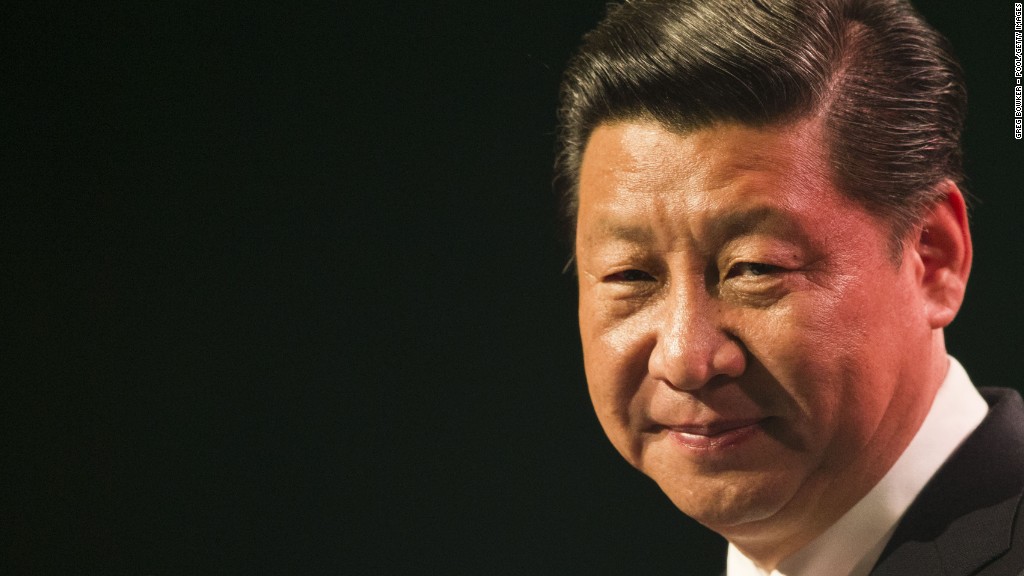
A leading academic has accused his publisher of effectively ditching a book about Chinese government influence inside Australia because of fears of a backlash from Beijing.
Clive Hamilton, a professor of public ethics at Charles Sturt University in Canberra, said his book -- "Silent Invasion: How China is turning Australia into a puppet state" -- was due to be published early next year. But he told CNN that publisher Allen & Unwin suddenly informed him last week that it would be delaying the book for an unspecified period after being warned it could face legal action by China.
It's the latest example of how the growing global influence of China, which strictly censors content at home, is also creating difficulties for writers and publishers beyond its borders. The case also feeds into fears in Australia about Chinese government interference in the country.
Hamilton showed CNN an email message he said he received last week from Allen & Unwin CEO Robert Gorman in which the executive expressed concern that "Silent Invasion" could result in "possible action by Beijing," in particular "a vexatious defamation action" against the company.
Related: World's biggest academic book publisher bows to China's censors
Hamilton said another Allen & Unwin employee told him verbally that Gorman had decided to abandon publishing the book entirely. Even delaying it risked making large parts of the book out of date, reducing the likelihood it would ever come out, he said.
"What is striking about what has happened is that no actual arm twisting of the publisher was undertaken as far as I know," Hamilton told CNN. "And yet the mere possibility of it ... was enough to cause them to pull the plug."
A spokeswoman for Allen & Unwin said the company decided, after receiving legal advice, to delay publication of Hamilton's book "until certain matters currently before the courts have been decided." She didn't specify what those matters are.
"Clive was unwilling to delay publication and requested the return of his rights, as he is entitled to do," she said. "We continue to wish him the best of luck with the book."
The spokeswoman didn't immediately respond to a request for comment on the content of the email exchange between Hamiton and Gorman.
Related: China versus the U.S.: Australia's increasingly hard choice
Hamilton, who has been awarded the Order of Australia medal for his contribution to public debate, said "Silent Invasion" studied the extent of the Chinese government's influence in Australian politics, education and business.
"it really is far more extensive than most Australians understand," he said. "I think it exposes a very worrying level of influence by the Chinese Community Party across Australia."
Australian news organizations have reported widely on Beijing's influence in the country, including large donations to political parties and close observation of Chinese students' behavior on Australian campuses.
The Chinese Foreign Ministry in June described a series of reports on the theme by top Australian media outlets as "totally unfounded and irresponsible, and not worth refuting."
Related: Cambridge University Press reverses 'shameful' China censorship
It isn't the first time a major publisher has come under fire over its handling of content about China.
In August, Cambridge University Press was roundly criticized for removing hundreds of articles from its online site that referenced topics deemed sensitive by Beijing, including Tibet, Taiwan and the Cultural Revolution.
The publisher initially defended the move as necessary to ensure that China didn't block all of its journals. But following the fierce backlash, it reinstated the blocked content.
More recently, one of the world's biggest academic publishers, Springer Books, was also revealed to have censored content to avoid clashing with the Chinese government.
A spokeswoman for Springer Nature said that while the decision was "deeply regrettable," it only affected about 1% of the company's academic content.
